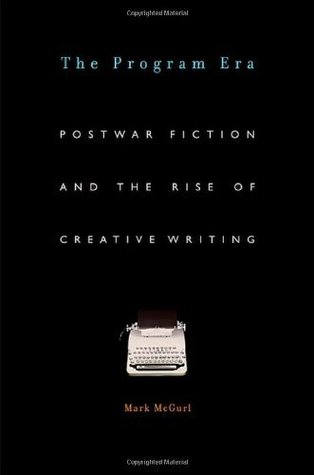If this metafiction attempts to exorcise the spirit of the literary amateur from O’Connor’s career, it also announces another project on O’Connor’s part: the disciplining of the egoistic authorial self with the whip of impersonal narrative form. In the ironically amateurish heavy-handedness of its satire, “The Crop” allows us to see this project at its point of first assemblage. Later versions would be more subtle, and would be put to other thematic ends, but the structure would be essentially the same: the author simultaneously commits a “sin” of individual pride (as autobiographical
...more
Welcome back. Just a moment while we sign you in to your Goodreads account.


